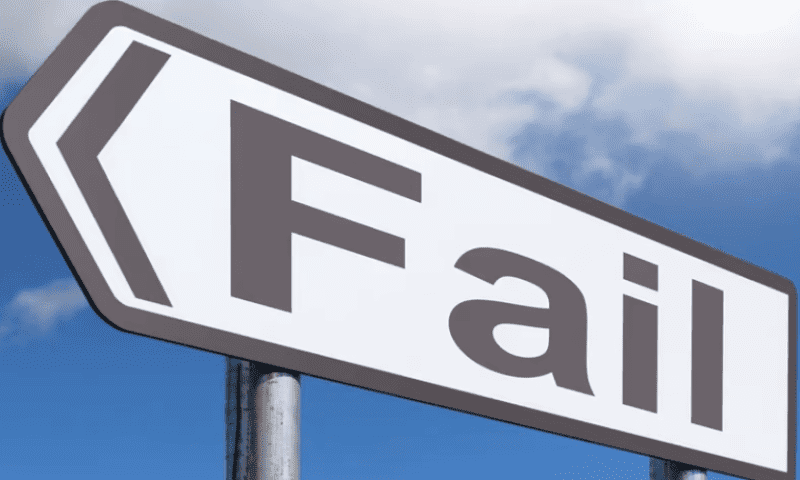Confidence in Kezar Life Sciences’ vision for zetomipzomib as the one inflammatory disorder drug to rule them all just took a hit, with the failure to beat placebo in a midphase rare autoimmune disease clinical trial sending the stock spiraling down.
Kezar pitched zetomipzomib, also known as KZR-616, as a pipeline in a drug in the belief that inhibiting the immunoproteasome offers a way to go beyond treating inflammatory diseases one cell or cytokine at a time. Today, AbbVie’s Humira acts on TNF-alpha, Roche’s Actemra acts on IL-6 and so on, through the cells and cytokines relevant to inflammatory diseases. Kezar sees zetomipzomib as a way to target the various cells and cytokines through a single molecule.
The theory that zetomipzomib can restore normal immune responses without immunosuppression and modulate multiple drivers of inflammation took a hit late Tuesday, when Kezar revealed the prospect failed to move the needle in a phase 2 clinical trial. The study enrolled 25 patients with dermatomyositis or polymyositis, rare autoimmune diseases characterized by inflammation of the muscles.
Participants received zetomipzomib or placebo subcutaneously weekly for 16 weeks before switching to the other arm for another 16 weeks. At Week 16, the zetomipzomib arm recorded a mean change of 25.5 on a composite score that looked at measures such as muscle strength, compared to a change in the placebo cohort of 25. At Week 32, the zetomipzomib and placebo changes were 32.5 and 31.3, respectively.
With zetomipzomib failing to beat placebo, the future for the drug candidate in the two rare indications is uncertain. However, Kezar still sees promise in other diseases, leading it to highlight the lack of safety red flags in the dermatomyositis and polymyositis clinical trial as a positive as it heads into a June drop of top-line data from its phase 2 MISSION trial in lupus nephritis.
“We are encouraged by the favorable safety data and we maintain our strong conviction in the promise of zetomipzomib in lupus nephritis and our commitment to development of this novel agent in autoimmune disease. The strong response rates we’ve seen to date in MISSION—utilizing objective endpoints in LN patients—informs this conviction,” Kezar CEO John Fowler said in a statement.
Investors took a bleaker view of the news, sending shares in Kezar down more than 30% to around $8.50.

